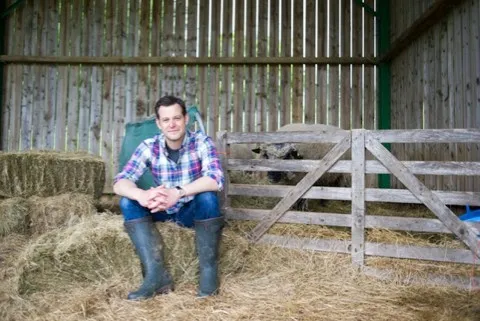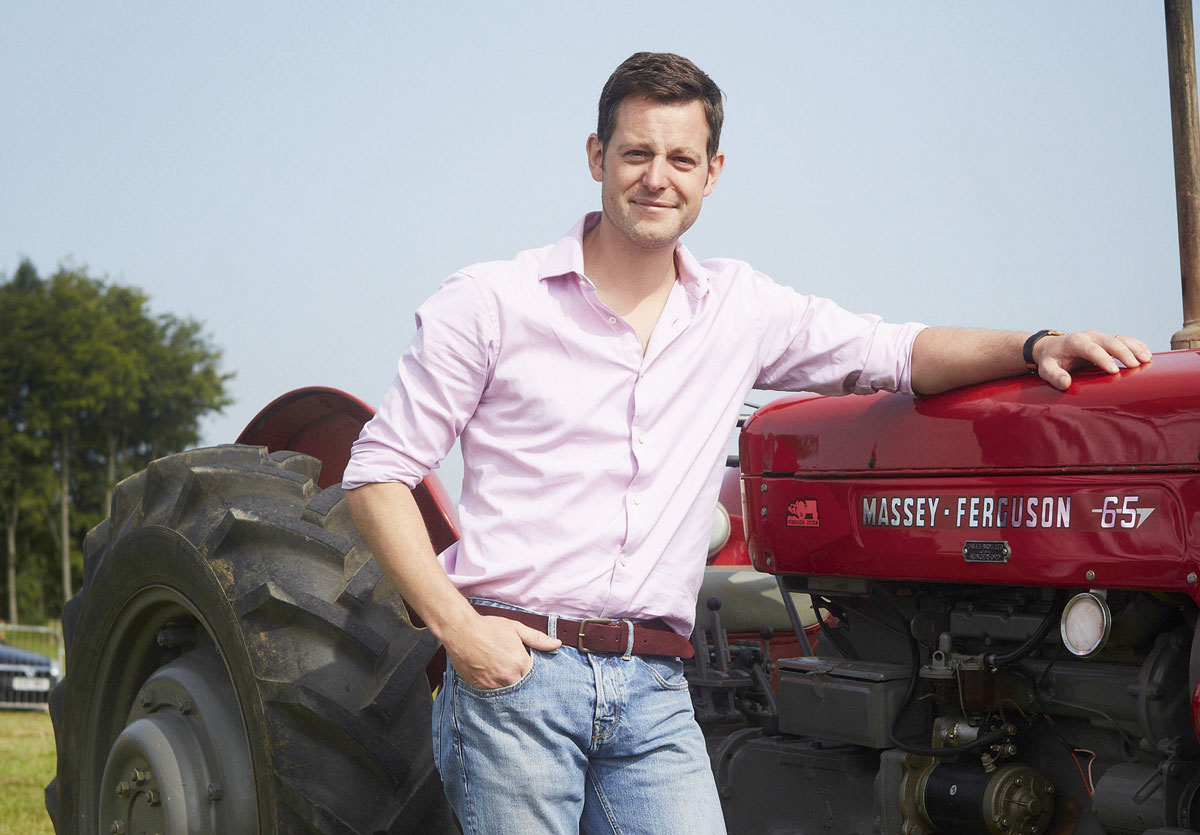
When most people visualise a northern hill farmer, they think of a big burly bloke with wild hair and big boots. That’s not the case on our farm. Well maybe the wild hair bit is, but the rest definitely not. My mum runs our farm with help from me whenever I’m not on the TV.
In our Durham valley, we seem to get a month of autumn and spring, two weeks of summer and the rest is winter. This winter, we had snow on the ground from October to April. My mum described it as being like a “hamster in a wheel”, an endless trudge of feeding livestock, checking hedge backs for sheep, and the job she hates most: carrying water in drums to frozen troughs.
This winter, all the outside taps froze solid, so we put a hosepipe through the downstairs toilet window, connecting it to the shower in order to fill the drums to get water for the troughs.
Everything was frozen or snowed up for days on end. Frozen locks on doors had to be prised open with fence posts; snow had to be shovelled from gateways before they could be opened, only to do the same again the next day. And all this had to be done while the bitter winds threw shards of frozen snow at ours hands and faces.
But while the cold weather is a struggle for us all, we’re as prepared as we can be. We batten down the hatches and fill our pantry with supplies, including the dreaded longlife milk. We fill the oil tank and the spare oil tank and the spare spare oil tank, as no lorry can make it up the track for at least five months.
When the temperature drops, our stock eats twice as much just to stay alive. Luckily, we had extra hay, which we had intended to sell but had to feed to our own sheep instead. We also had to buy in double the amount of hard feed, which provides the protein the ewes need when carrying lambs. So there will be less than no profit from this year’s lambing.
But with the cold behind us, at last the fields are turning green. But there is little goodness in the grass, so the sheep make less milk for their lambs, in turn leaving them weak.
Cheerfully, as I write this, the swallows have arrived back at the farm, almost a month later than their regular arrival date 20 years ago. I’m not sure what that means for climate change, but for us, the sound of their busy chatter means we can finally look forward to our two weeks of summer!
Originally published in Issue 74 of Countryfile Magazine

